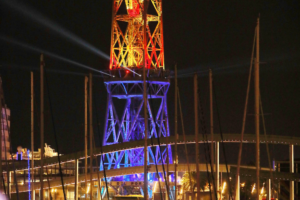
More activities, more space, more Christmas than ever at the Port of Barcelona
From December 5 to January 7, Barcelona’s Port Vell will
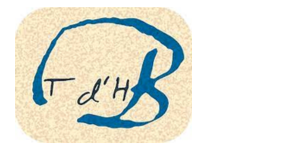
The history of more than a century, will reflect all the social and economic events that occurred between the nineteenth and twentieth centuries. The Talleres Nuevo Vulcano, from now on TNV, was founded in 1833 by Joan Reynals, a businessman born in Calella, under the name of Compañía Catalana de Vapores, the first maritime steamship company, which had the Villavecchia family, the Fontanellas and the Bacardí as partners. The Compañía Catalana de Vapores requested, in the same year it was founded, a concession in the Moll de Levante to install a repair and boiler shop, which was granted by the Captain General of Catalonia in 1834. It would be in these facilities, located in the Moll Nuevo del Puerto, where two elongated warehouses would be built along the dock street. It would also be in these facilities where the first Spanish steamship, named Delfin, would be built in 1834, which would make the Barcelona-Mallorca route.
Due to different circumstances, the Compañía Catalana de Vapores was liquidated in 1841 and transformed into the company Navegación e Industria, in order to diversify its objectives and increase its capital stock. To achieve this, the company put some of its coal mining possessions into operation and acquired the Talleres Nuevo Vulcano, located at 69-71 Alegría Street, an old foundry that made boilers and had a surface area of more than 2,000 m². With this acquisition, the factory was completed with two companies, one the TNV that would be dedicated more to the construction and repair of ships, maintaining its independence and the Navigation and Industry, more destined to transport. To help launch its activity, two docks were built, a dry dock and a floating dock, devoted to the repair, maintenance, and construction of ships.
In 1846 it received its first major order: the replacement of the boilers, the chimneys and the repair of the coal bunkers of the Navy ship, the Piles. Due to the magnitude of the order, signing of an exclusive contract with the Administration was decided. Subsequently, the factory went on to work for the Ministry of the Navy.
All that was left of that century, TNV, would go through the various economic crises and the successive Carlist wars, suffering, directly, the events and the drop in naval production. At low times, it returned to steam engines, especially producing for the cotton industry, at the beginning of the mechanization of the factories. In 1861 it was commissioned to build four rotating cranes for the Port of Barcelona, for the construction of the east and west docks. In 1870, with the sale of two hundred steam engines, it increased the workforce by two hundred workers.
As a foundry, it made the iron fence of the Ciutadella, in 1876, with a very young Antonio Gaudí, who worked for the architect Fontserè. In 1906, it manufactured the lampposts for Passeig de Gràcia designed by the architect Pere Falquès i Urpí, with the TNV logo, and in 1907 it made the roof of the Aymerich, Amat i Jover factory in Terrassa, located on Rambla d’Egara.
It should be noted that the three driving families of the first factory, the Bacardí, Fontanella and Villavecchia, continued to have weight for years, and also that in 1916, five of the ten directors, were women: Amalia de Mora, Florentina Santamaría, Concepción de Bacardí, Rosa Ricart and Josefa Linati, some of them descendants of these families. It would be in 1916 that the Transmediterránea Company would be created with a capital of one hundred million pesetas. Its founders were the Valencian shipowners Juan José Dómine and Vicente Ferrer Peset and the Catalans Joaquín María Tintoré and Enrique Garcia Corrons of Navegación Industrial.
In 1923, TNV, which continued to be linked to the naval sector, separated from Transmediterránea and created the Unión Naval de Levante, which would integrate Talleres Nuevo Vulcano, Astilleros y Talleres Gómez de Valencia and Astilleros de Tarragona, thus creating a large shipbuilding company with centers in Valencia, Tarragona and Barcelona.
In 1924, a fire broke out and destroyed a large part of the factory. The fire started at midnight in the carpentry area and spread rapidly. Alfonso XIII, who was at the Real Golf Club de Pedralbes, went, accompanied by General Primo de Rivera, to visit the area damaged by the fire and promised the construction of a new workshop. The fire caused the facilities to be remodelled and a more interior building was built, where the repair shops for large yachts can be found today.
During the Civil War, the shipyards were collectivized, and the Management Committee was taken over by six delegates from the CNT and the UGT. All work in progress was abandoned and the shipyards began to manufacture machine guns and armoured trucks.
Needless to say, they were one of the main targets of Italian and German aircraft. They suffered two heavy bombings: the one on August 17, 1937 by the Italian air force, and the one on January 23, 1939 by the German Condor Legion, which caused several damages and some deaths. These damages were later repaired, and new facilities were built in the post-war period, during which many hours of work were carried out to drain the port and remove the bombed ships that were under the water preventing entry to the port.
In the 1980s, TNV, with more than 2,500 workers, filed for suspension of payments. A year earlier, the European Economic Community had decided to reduce construction capacity by 30% and the workforce by 50% through industrial restructuring.
With the 1992 Olympic Games, the city opened up to the sea and, among other works, the port area where Talleres Nuevo Vulcano was located was remodeled and a new concession was granted to Marina Port Viejo 92 (MB92).
You may also be interested in

From December 5 to January 7, Barcelona’s Port Vell will
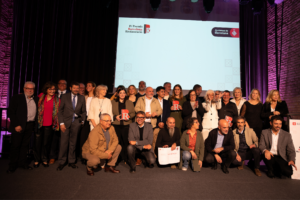
On 20 November, the award ceremony was held for the
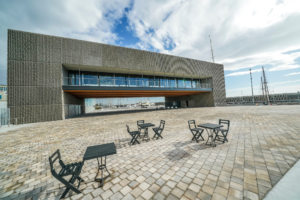
Both infrastructures are destined, by their location and design, to

More articles
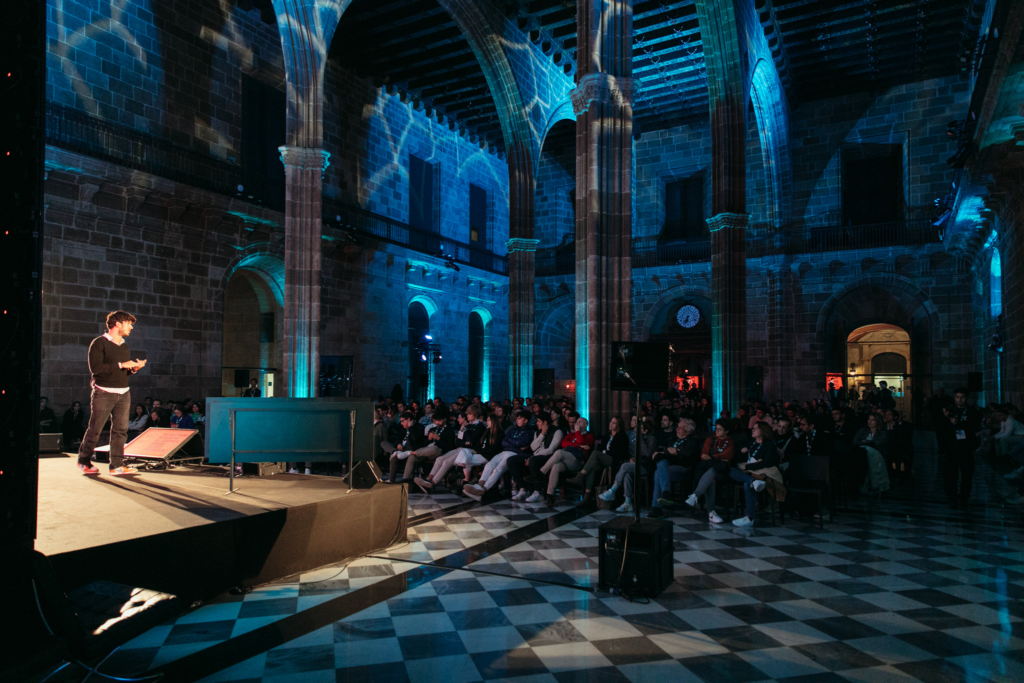
The 4th edition of the benchmark event for the technology community took place on 12
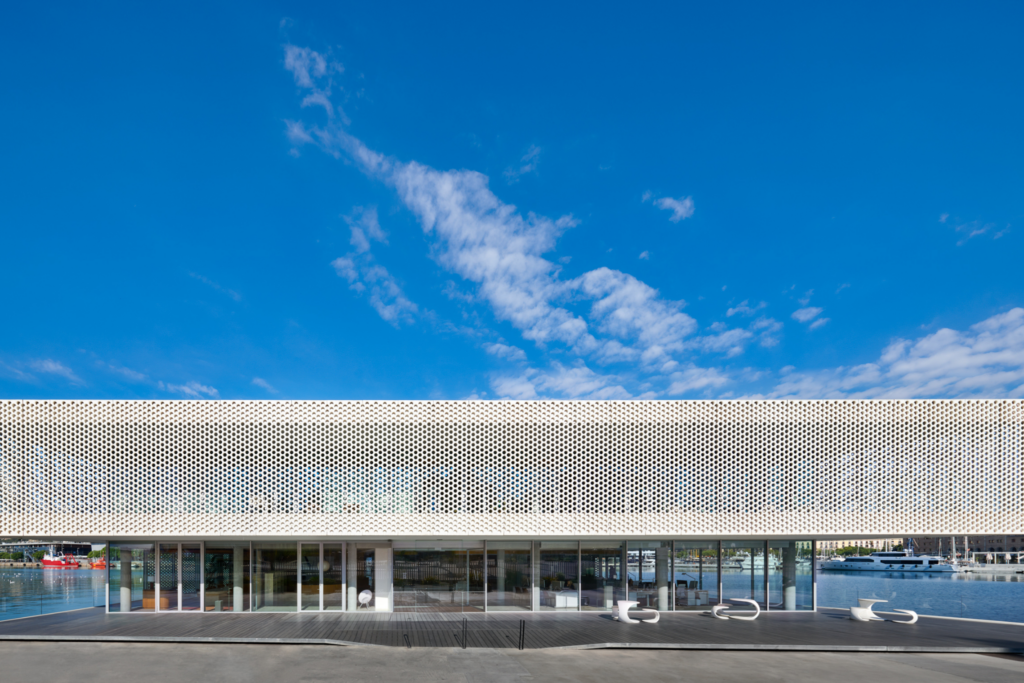
Celebrating Christmas is one of Marina Puerto Viejo’s most cherished traditions. And this year, as
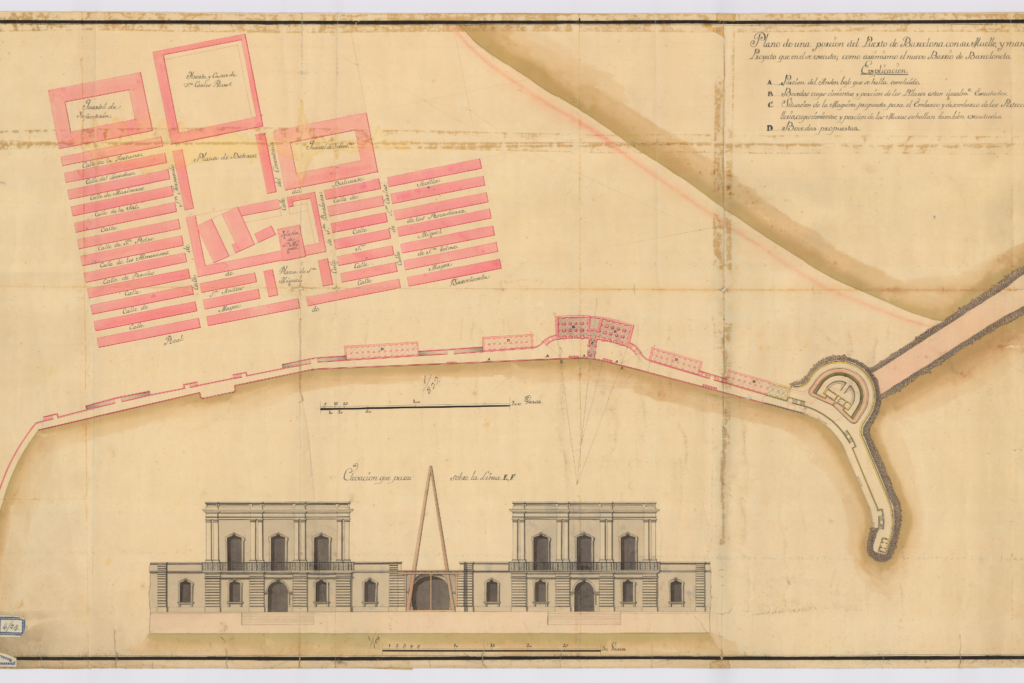
Next to a rubbish bin I’m going to find a very old Gladiator suitcase and
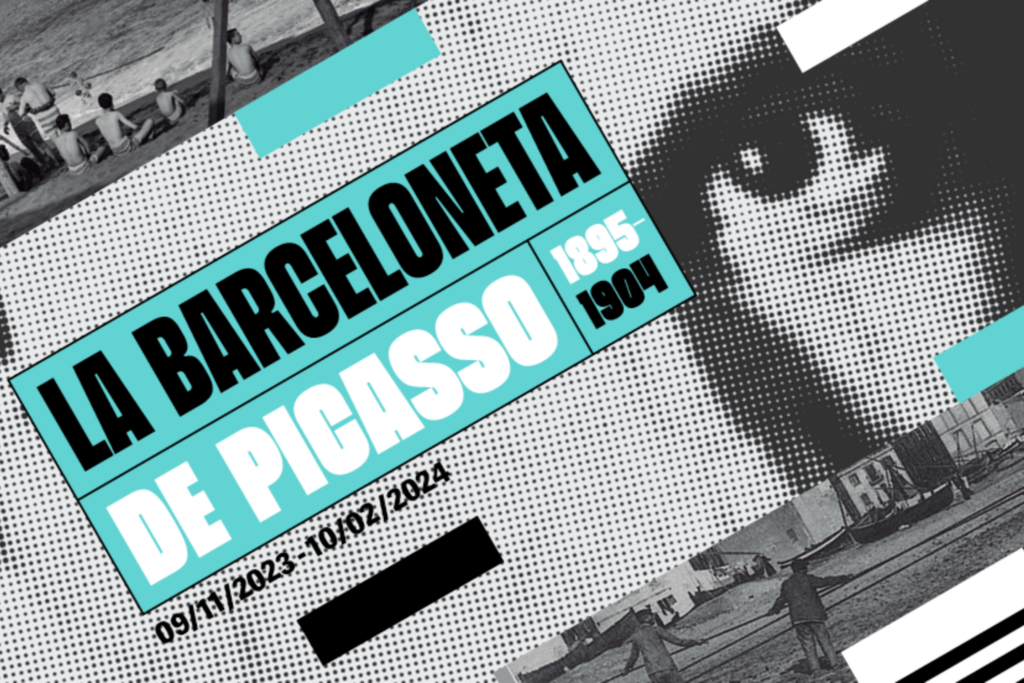
From 9 November to 10 February 2024. On the occasion of the celebration of the
| Cookie | Duration | Description |
|---|---|---|
| _ga | 2 years | The _ga cookie, installed by Google Analytics, calculates visitor, session and campaign data and also keeps track of site usage for the site's analytics report. The cookie stores information anonymously and assigns a randomly generated number to recognize unique visitors. |
| _ga_2DMP7XMBDL | 2 years | This cookie is installed by Google Analytics. |
| Cookie | Duration | Description |
|---|---|---|
| pll_language | 1 year | The pll _language cookie is used by Polylang to remember the language selected by the user when returning to the website, and also to get the language information when not available in another way. |
| Cookie | Duration | Description |
|---|---|---|
| cookielawinfo-checkbox-advertisement | 1 year | Set by the GDPR Cookie Consent plugin, this cookie is used to record the user consent for the cookies in the "Advertisement" category . |
| cookielawinfo-checkbox-analytics | 1 year | Set by the GDPR Cookie Consent plugin, this cookie is used to record the user consent for the cookies in the "Analytics" category . |
| cookielawinfo-checkbox-functional | 1 year | The cookie is set by the GDPR Cookie Consent plugin to record the user consent for the cookies in the category "Functional". |
| cookielawinfo-checkbox-necessary | 1 year | Set by the GDPR Cookie Consent plugin, this cookie is used to record the user consent for the cookies in the "Necessary" category . |
| cookielawinfo-checkbox-others | 1 year | Set by the GDPR Cookie Consent plugin, this cookie is used to store the user consent for cookies in the category "Others". |
| cookielawinfo-checkbox-performance | 1 year | Set by the GDPR Cookie Consent plugin, this cookie is used to store the user consent for cookies in the category "Performance". |
| CookieLawInfoConsent | 1 year | Records the default button state of the corresponding category & the status of CCPA. It works only in coordination with the primary cookie. |
| elementor | never | This cookie is used by the website's WordPress theme. It allows the website owner to implement or change the website's content in real-time. |